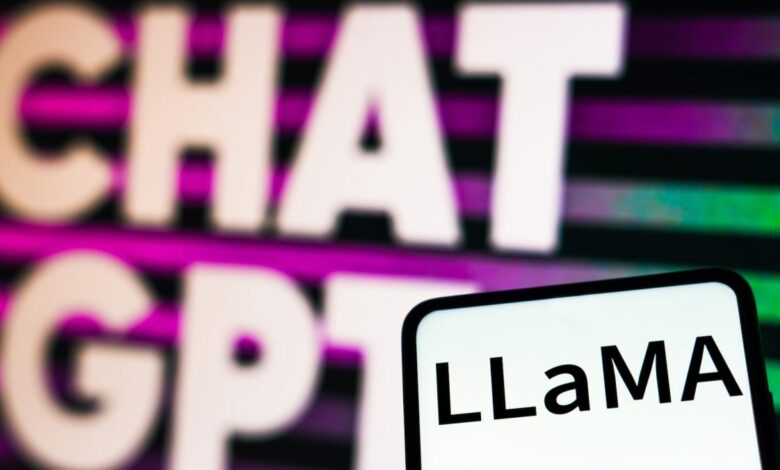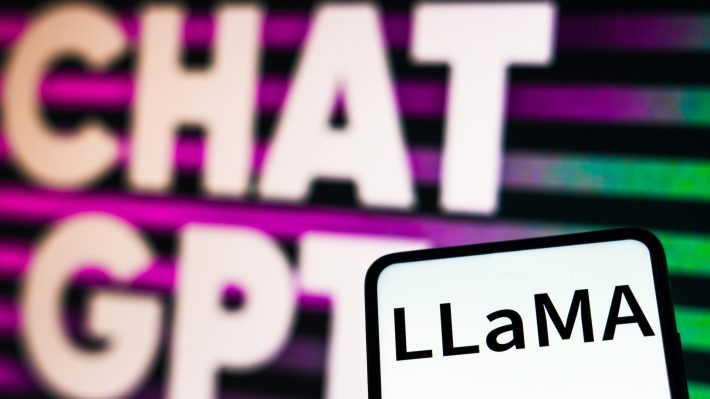Tesla drops prices, Meta confirms Llama 3 release, and Apple allows emulators in the App Store


Heya, folks, welcome to Week in Review (WiR), TechCrunch’s regular newsletter that recaps the past few days in tech.
Google’s annual enterprise-focused dev conference, Google Cloud Next, dominated the headlines — and we had plenty of coverage from the event. But it wasn’t the only thing afoot (see: the spectacular eclipse).
Lorenzo wrote about how hackers stole over ~340,000 Social Security numbers from government consulting firm Greylock McKinnon Associates (GMA). It took GMA nine months to determine the extent of the breach and notify victims; as of yet, it’s unclear why.
Elsewhere, Sarah had the story on Spotify’s personalized AI playlists, which lets users create a playlist based on written prompts.
And Connie reported on the death of entrepreneur Mahbod Moghadam, who rose to fame as the co-founder of Genius, the online music encyclopedia. Moghadam passed away at the age of 41 owing to complications from a recurring brain tumor.
Lots else happened. We recap it all in this edition of WiR — but first, a reminder to sign up to receive the WiR newsletter in your inbox every Saturday.
News
Tesla price drop: Tesla dropped prices of unsold Model Y SUVs in the U.S. by thousands of dollars in an attempt to clear out an unprecedented inventory backlog.
Snapchat turns off its solar system: Snapchat adjusted a feature in its app that visualizes how “close” you are to your friends after reporting revealed that it was adding to teens’ anxiety.
Noninvasive anxiety treatment: Neurovalens, a startup developing tech to deliver noninvasive electrical stimulation of the brain and nervous system, achieved FDA clearance thanks to a 2019 agency rule change aimed at encouraging innovations targeting insomnia and anxiety.
Llama 3: At an event in London, Meta confirmed that it plans an initial release of Llama 3 — the next generation of its AI model used to power chatbots and other apps — within the month.
Emulators in the store: Apple updated its App Store rules to globally allow emulators for retro console games an option for downloading titles.
AT&T breach: AT&T began notifying U.S. state authorities and regulators of a security incident after confirming that millions of customer records posted online last month were authentic.
Funding
Web3 and beauty: Kiki World, a beauty brand that uses web3 for customer co-creation and ownership, has closed a $7 million round led by Andreessen Horowitz.
Analysis
Magnets in keyboards: Frederic writes about an intriguing development in mechanical keyboard design: magnetic switches, which can quickly change the actuation point — the point during the keypress where the switch registers a downstroke.
WFH, here to stay: Working from home isn’t going away — even if some CEOs wish it would. Ron writes that most workers crave flexibility and work-life balance — who knew?
Podcasts
On Equity’s startup-focused Wednesday show, the crew dug into the Multiverse’s acquisition of Searchlight, the latest Guesty round, the Monad Labs transaction and a new venture capital fund targeting growth rounds in Africa.
Meanwhile, Found featured Ben Christensen, the founder and CEO of Cambium, a startup that’s reimagining the wood supply chain and reallocating previously wasted materials to be used in new building projects.
Bonus round
Microsoft passwords exposed: Security researchers discovered an open and public database hosted on Microsoft’s Azure cloud service that was storing internal information relating to Microsoft’s Bing search engine. Microsoft says that it has resolved the lapse.
Source link




